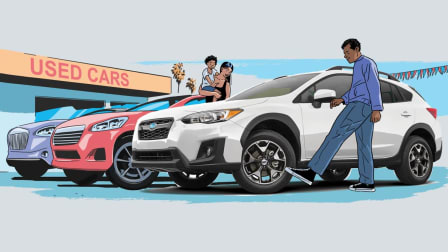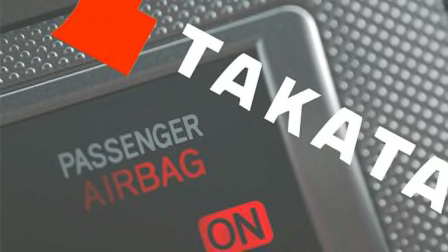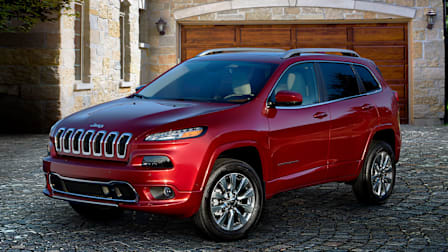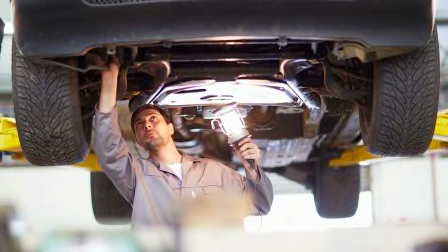Some Honda CR-V SUVs Recalled to Fix Dangerous Rust
An important suspension component could detach and cause a crash. Honda may even offer to buy back some of these vehicles if the rust is severe.
Honda is recalling over 563,000 CR-V SUVs that were sold in certain states where road salt or other de-icing agents are used. Vehicles from the 2007 through 2011 model years are included in the recall, and Honda says it may buy back severely rusted SUVs.
Salty water can get into the vehicle’s rear frame and cause rust if these SUVs are driven through puddles or flooded areas where road salt mixes with mud and water. If this happens, the rear trailing arm—a very important suspension component that connects the axle to the vehicle chassis—may break, which could cause safety issues, including loss of vehicle control.
The Details
Vehicles recalled: Honda CR-V SUVs manufactured between March 6, 2006, and Dec. 5, 2011, that were ever sold or registered in Connecticut, Delaware, Illinois, Indiana, Iowa, Kentucky, Maine, Maryland, Massachusetts, Michigan, Minnesota, Missouri, New Hampshire, New Jersey, New York, Ohio, Pennsylvania, Rhode Island, Vermont, Virginia, West Virginia, Wisconsin, and Washington D.C.
The problem: Corrosion from road salt and de-icing agents can cause the vehicle’s rear trailing arm to detach, which could cause loss of vehicle control and lead to a crash.
The fix: Honda dealerships will determine the severity of the problem by inspecting the rear trailing arm bolt. If it can be removed, dealerships will attach a brace to the rear frame of the vehicle. If it cannot, or if it falls off, dealerships will repair the frame or offer to repurchase the vehicle.
How to contact the manufacturer: Owners may contact Honda at 888-234-2138.
NHTSA campaign number: 23V228. Honda’s own code for this recall is XDZ.
Check to see whether your vehicle has an open recall: The National Highway Traffic Safety Administration’s website will tell you whether your vehicle has any open recalls that need to be addressed.
If you plug your car’s 17-digit vehicle identification number (VIN) into NHTSA’s website and a recall doesn’t appear, it means your vehicle doesn’t currently have any open recalls. Because automakers issue recalls often, and for many older vehicles, we recommend checking back regularly to see whether your vehicle has had a recall issued.
Stay informed about recalls that might affect your vehicle using our Car Recall Tracker. Create a free account now to become a CR member.

